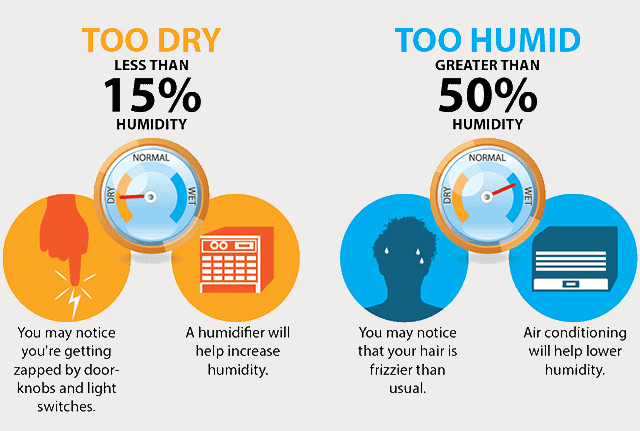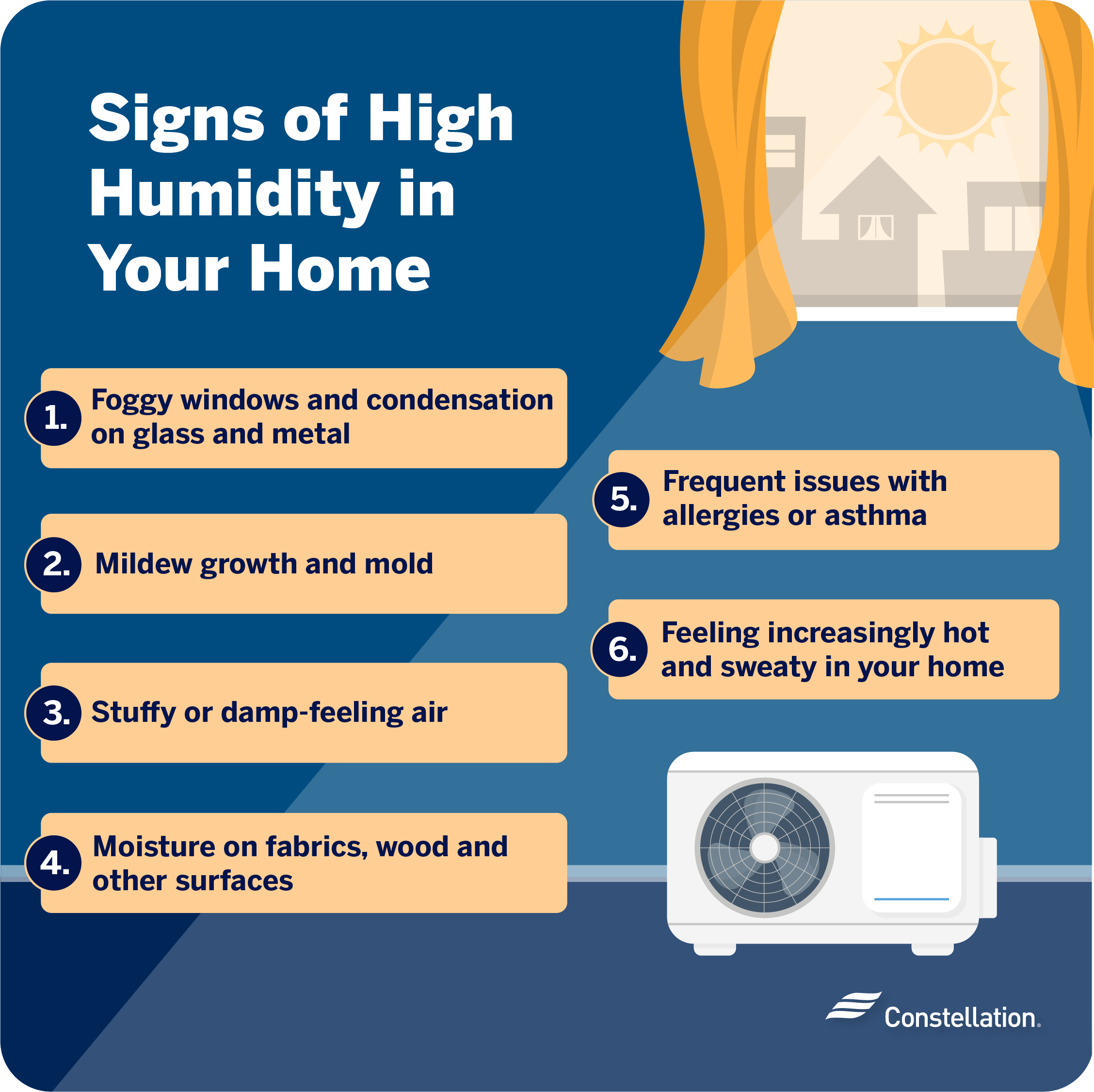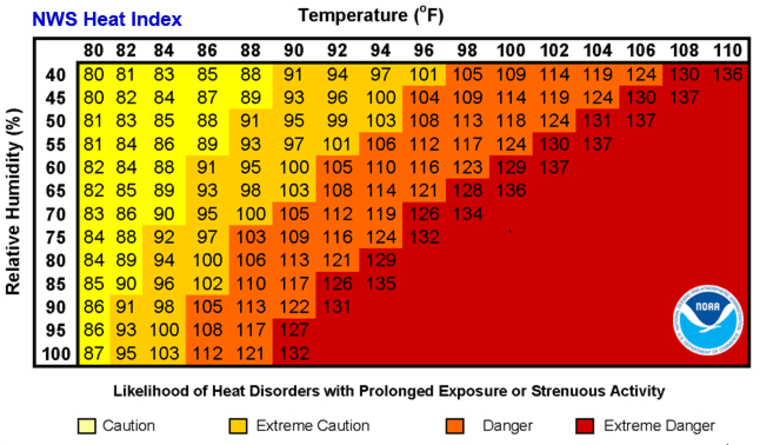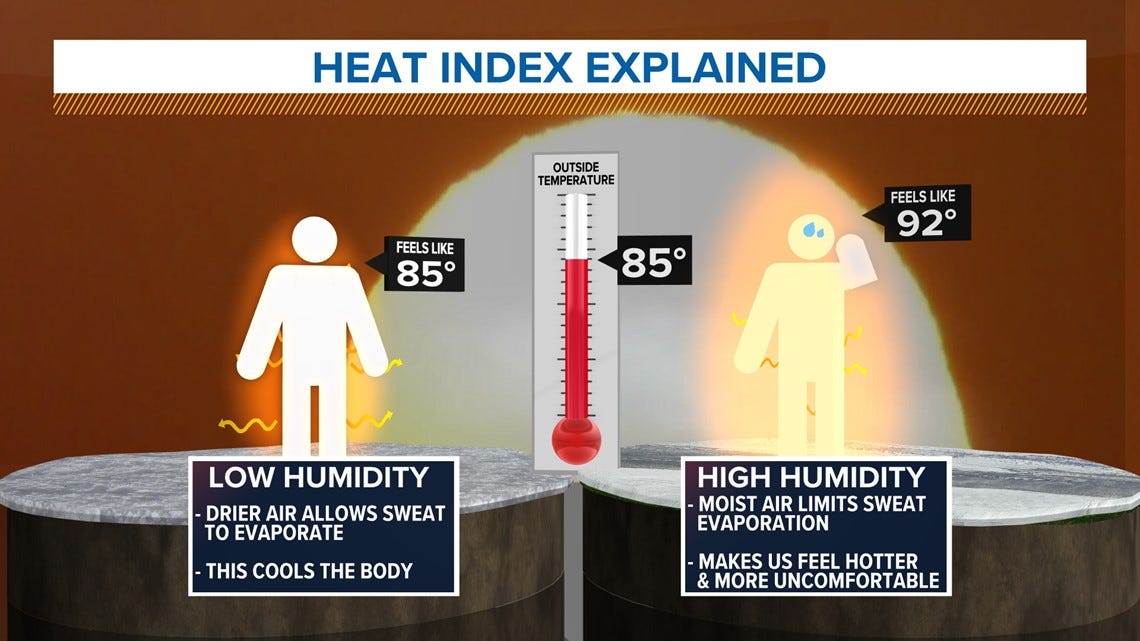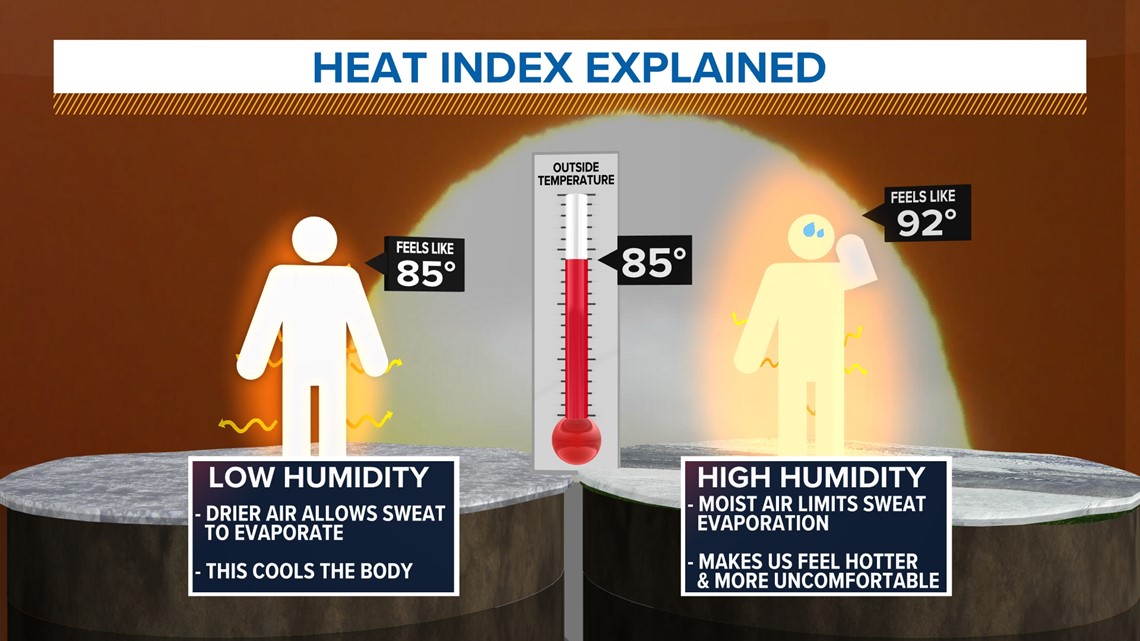© 2025 AI Questions. All rights reserved.
How Does Humidity Affect Temperature?
Answer
Generated by Ask AI Questions
Humidity affects temperature perception and heat exchange by influencing how moisture interacts with air and the human body. High humidity makes hot air feel hotter because moist air reduces sweat evaporation from the skin, limiting the body's natural cooling process. When sweat cannot evaporate efficiently, the body feels warmer and stickier. Conversely, in cold weather, high humidity can make you feel colder because moisture can saturate clothing and skin, increasing heat loss and reducing insulation.
Scientifically, humidity also changes atmospheric thermal behavior. Water vapor carries latent heat and acts as a greenhouse gas by trapping infrared radiation, which reduces nocturnal cooling and tends to raise surface temperatures in humid areas relative to dry ones. Moreover, air temperature and humidity are inversely related: warmer air can hold more moisture, so relative humidity decreases if water vapor stays constant, and cooler air holds less moisture, increasing relative humidity.
In summary, humidity impacts both actual and perceived temperature by altering heat retention in the air and the efficiency of human sweat evaporation.
Ask Follow-Up Questions
Google Search Results
for "how does humidity affect temperature"
